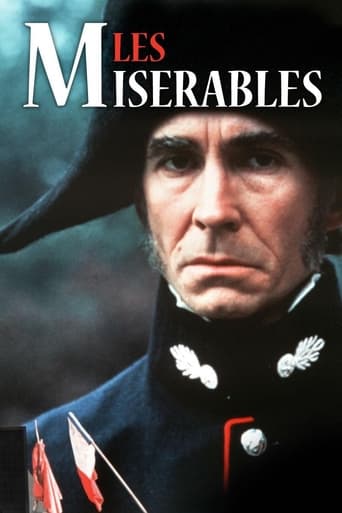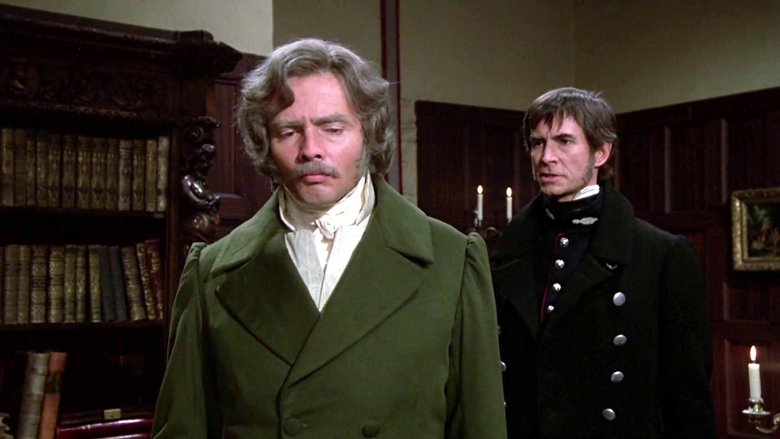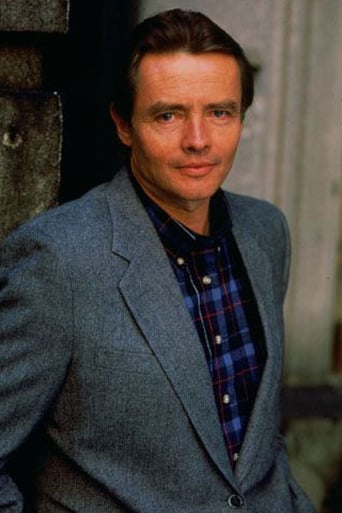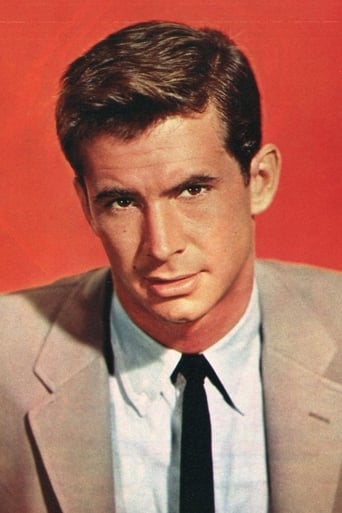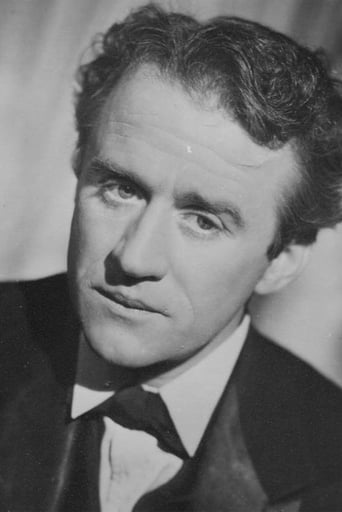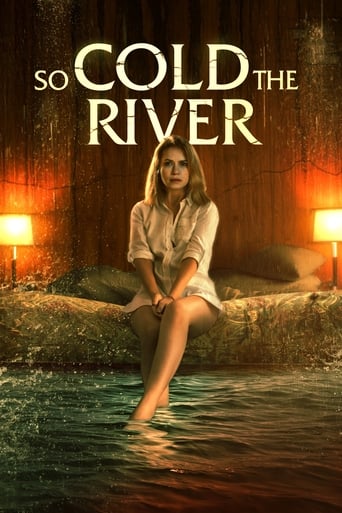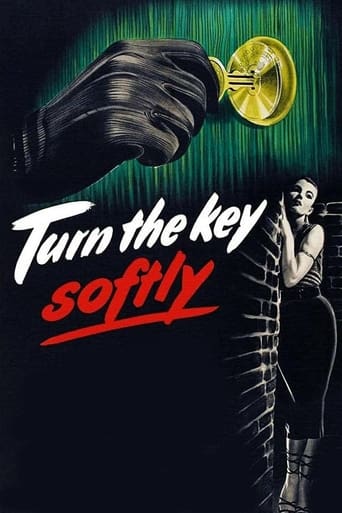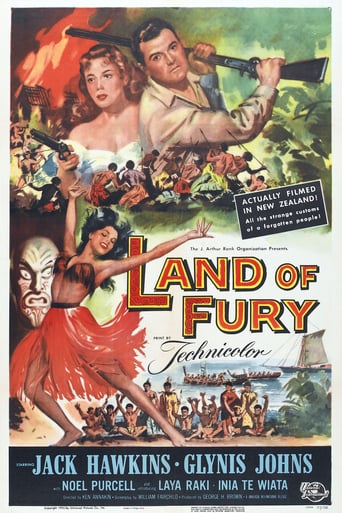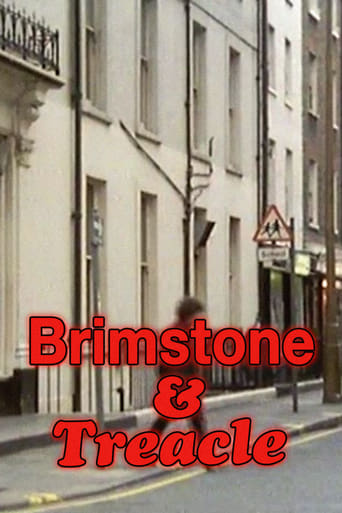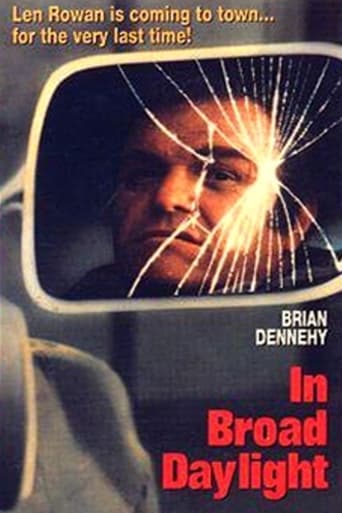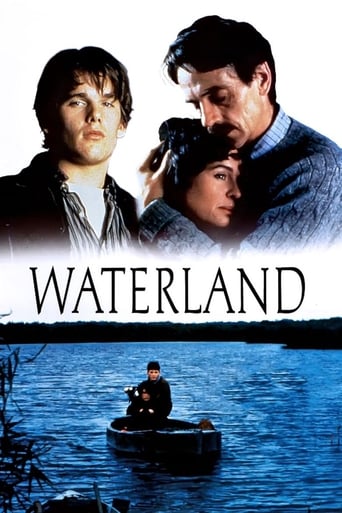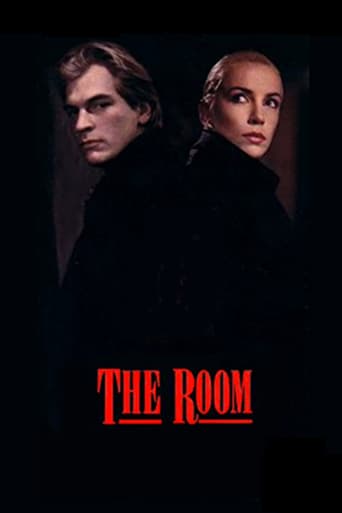Les Misérables (1978)
In 19th century France, Jean Valjean, a man imprisoned for stealing bread, must flee a relentless policeman named Javert. The pursuit consumes both men's lives, and soon Valjean finds himself in the midst of the student revolutions in France.
Watch Trailer
Cast


Similar titles
Reviews
Simply Perfect
Excellent, Without a doubt!!
The movie turns out to be a little better than the average. Starting from a romantic formula often seen in the cinema, it ends in the most predictable (and somewhat bland) way.
All of these films share one commonality, that being a kind of emotional center that humanizes a cast of monsters.
Les Miserables is a classic, rich, detailed, powerful and moving, but because of its mammoth length and the depth it goes in it's a difficult one to adapt. While there are things left out(the absence of Eponine is regrettable) along with the 1933/4 and 1935 films this is one of the best adaptations of the book. While it is not as lavish as the 1935 and 1998(the latter while not terrible being the adaptation that fared the weakest) films, the French scenery and settings are breath-taking in their detail and authenticity(you are literally drawn into Victor Hugo's world and what he's conveying) to watch and the costumes are accurate to period as well. The colour is lovely, love the contrasts of the colours associated with spring and those with autumn. And the film is very well-shot and directed. Hardly cheap-looking. The music is of the stirring and hauntingly-beautiful kind, and what is clever is how some of the characters have their own instrumental motifs like Valjean with the strings and Javert with the brass. Adapting such a huge story is a very daunting task, and one that was done successfully and admirably, it is a very literate script with attention to characterisation and the "brusque" dialogue that is characteristic of Victor Hugo. The spirit of Hugo's prose and storytelling are present, it is emotional, powerful and hopeful especially in the second half, and more importantly even with omitted subplots it's coherent. The film doesn't rush things, instead parts are developed deliberately with time to breathe and resonate. Les Miserables(1978) has some of the best characterisation of any adaptation of the book, especially with Valjean and Javert- the dynamic between them is very intensely done-, few other adaptations have conveyed the sense that the two are both polar opposites and mirror images, and that neither are what they seem to be. Cosette is slightly underwritten but it doesn't hurt the film too much. The acting is great, John Gielgud, Cyril Cusack and Ian Holm give solid contributions, Angela Pleasance is a very affecting Fantine, Christopher Guard is dashing as Marius and Caroline Langrishe is good as Cosette(the relationship between the two doesn't dominate things nor does it feel too shallow). But the best performances, helped by that they are the two most interesting characters and have the lion's share of what goes on in the story, come from Richard Jordan and especially Anthony Perkins. Jordan's Valjean is both brooding and sympathetic and he captures the nobility, struggles with his immorality and redemption and tragic grandeur just as brilliantly. Perkins performs Javert in a way that almost eclipses his iconic performance of Norman Bates in the Hitchcock masterpiece Psycho, he is ruthless, unforgiving and charismatic but he also has a vulnerable and sympathetic side that shows Javert as a conflicted man rather than your stereotypical villain. To conclude, a brilliantly done film and adaptation-wise while not entirely to the letter it is one of the better and faithful in spirit ones. 10/10 Bethany Cox
I saw this television version of the Victor Hugo classic when I was a teen. I was so impressed by it that I then read the book. Years later, I saw the play (second row, center) and have seen several other movie versions--including the very long French version from the 1930s. So, it can be said that I am a HUGE fan of this story. Now, decades later, I wanted to finally re-watch my first experience with "Les Miserables" to see if it was as good as I remembered it.The made for TV movie stars Richard Jordan as Jean Valjean and Anthony Perkins as the incredibly dogged Inspector Javert. Originally, the film was a two-part mini-series but somehow over the years it has been spliced town to about two hours--which is a real shame. The cuts are not terrible but tend to make the film a bit more episodic than it should be--especially since "Les Miserables" was a very lengthy novel. I won't discuss the plot, as most out there are familiar with the story and others have already discussed it in their reviews. Overall, the film is quite good--with exquisite music and acting. My only complaints are minor. There were some changes in the original story (I am a purist and always want stories to stick to the book)--such as having Valjean being an escaped prisoner instead of being a parolee who 'jumped parole' (a minor difference) as well as a few missing subplots. But for a made for TV film, it's exquisite--such as the adaptations of the Dumas novels starring Richard Chamberlain or "The Scarlet Pimpernel" with Anthony Andrews. It's a darn shame that American television isn't making films like this any more. With the abundance of reality TV programming and other mind-rot, we are a poorer society as a result. Well worth seeing--but try to read the book, it is magnificent.
Having never actually read the original, seen any other film adaptation or even watched it performed(due to a general lack of interest in the world of theater), I didn't know much about this before watching. What I did know has all been explained enthusiastically by a friend of mine who loves musicals and plays. As me and the rest of Philosophy class sat down to watch this, I quickly noticed several promising names in the opening credits - including that of Anthony Perkins - and I found myself even more interested in watching it. Though it is arguably less visually impressive than it could have been(and, I'm presuming, than the 1998 version), it's got fairly good direction and it goes into the themes of crime and punishment, dealing with what can cause crime... and what punishment may cause. It was interesting and involving throughout. Running at two and a half hours, it never loses neither momentum nor the audience's attention. The class-room was not always silent as the film's plot played out before us, but I didn't see anyone disinterested or not paying attention. The acting is quite good, though there are a few exceptions. I was surprised by, given that his name was in the credits and how skilled an actor he is, how small a part Ian Holm had. The man can't have been on-screen for more than a few minutes. Perkins is perfect as Javert, the embodiment of law, of order by discipline and punishment for misdeeds. His personal vendetta carries some of the film, alongside the good-hearted acts of Valjean. For anyone who knows the story, knows how the chase ends, I will say that I found the execution of it somewhat under-dramatized herein. My earlier mentioned friend, the theater aficionado, described how he had seen it achieved in a live performance, and I would choose that over the budgeted version we see here. Some of the cinematography also leaves a bit to be desired. However, all in all, I'd recommend this film to anyone interested in the themes it involves and/or a depiction of France leading up to the revolution. I recommend this to any fan of the original story and anyone interested in its well-delivered points about the traditional view on crime and punishment. 7/10
This was the truest adaption from the book to screen that I have seen, but the character of Eponine is missing. (You do see a very short clip of Eponine as a young girl, but that is not when she has a crucial part to play in this story.) Yes, it is managed fine without her, but her character adds more drama to the movie, and makes the movie better. While the movie was true to the book, I found it quite like a fan fiction that is true to the book itself. There were several mis-pronunciations, Marius was once called "Mario," Cosette wore a dress almost identical to a dress that Young Eponine wore at the beginning of the movie, and some of the filming techniques were quite odd. (For example, Javert appearing to do a flip while he falls into the Seine.) I also felt that it was unnecessary to spend so much time while Valjean is at Toulon. If you are interested in seeing a Les Mis movie, I would not recommend this; I would recommend first the 1935, and then the 1998.

